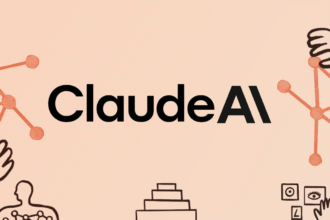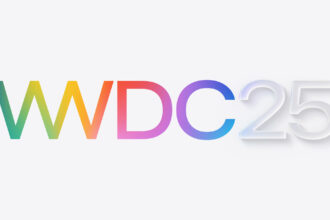The New York Times has initiated legal proceedings against OpenAI and its investor, Microsoft, accusing them of infringing copyright laws by using Times’ content to train their generative AI models.
The lawsuit, filed in the Federal District Court in Manhattan, alleges that millions of Times’ articles were utilized without consent in the development of AI models, including OpenAI’s ChatGPT and Microsoft’s Copilot.
The complaint emphasizes the importance of protecting independent journalism, stating, “If news organizations cannot produce and safeguard their journalism, there will be a vacuum that no computer or artificial intelligence can fill, leading to a significant societal cost.”
The Times stated that it attempted to negotiate a licensing agreement with OpenAI and Microsoft in April but without success, leading to the present legal action. Now the company is seeking the destruction of models and training data containing its content and demands accountability for “billions of dollars in statutory and actual damages.”
In response to the lawsuit, an OpenAI spokesperson conveyed their commitment to respecting content creators’ rights and expressed surprise and disappointment with the legal action. They mentioned ongoing productive discussions with The New York Times and expressed hope for a mutually beneficial resolution.
Generative AI models, which learn from examples to generate various content, have become a point of contention between vendors and content creators. While vendors argue that web scraping falls under the fair use doctrine, copyright holders, including news organizations, are increasingly employing measures to prevent unauthorized use of their content for training AI models.
This legal clash is part of a broader trend, with notable personalities like Sarah Silverman and authors such as Jonathan Franzen and John Grisham pursuing legal action against Meta, OpenAI, and Microsoft over alleged misuse of their works in training AI models. The conflict highlights the challenges in balancing the development of AI technologies with protecting intellectual property rights.
The New York Times’ lawsuit distinguishes itself by underlining potential damage to its brand through AI-generated “hallucinations,” or fabricated facts. The complaint cites instances where Microsoft’s Bing Chat, powered by an OpenAI model, provided inaccurate information attributed to The Times, affecting the newspaper’s credibility.
Moreover, The Times argues that OpenAI and Microsoft are indirectly creating competitors by using their content to build news publisher alternatives. This, they claim, harms their business by providing subscription-based information without proper citation, sometimes leading to monetization without crediting the original source.
The lawsuit highlights the broader impact on the news subscription business, echoing a similar case against Google. Publishers, including The Times, contend that Google’s AI experiments undermine their content, readership, and ad revenue through anticompetitive practices.
While the legal outcome remains uncertain, some news outlets have opted for licensing agreements with generative AI vendors instead of legal battles. The Associated Press and Axel Springer, a German publisher, are examples of entities that have chosen this route.














